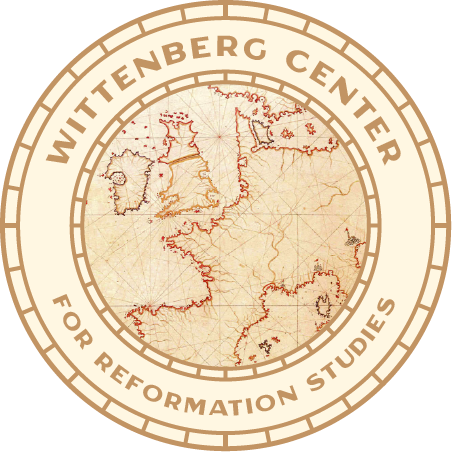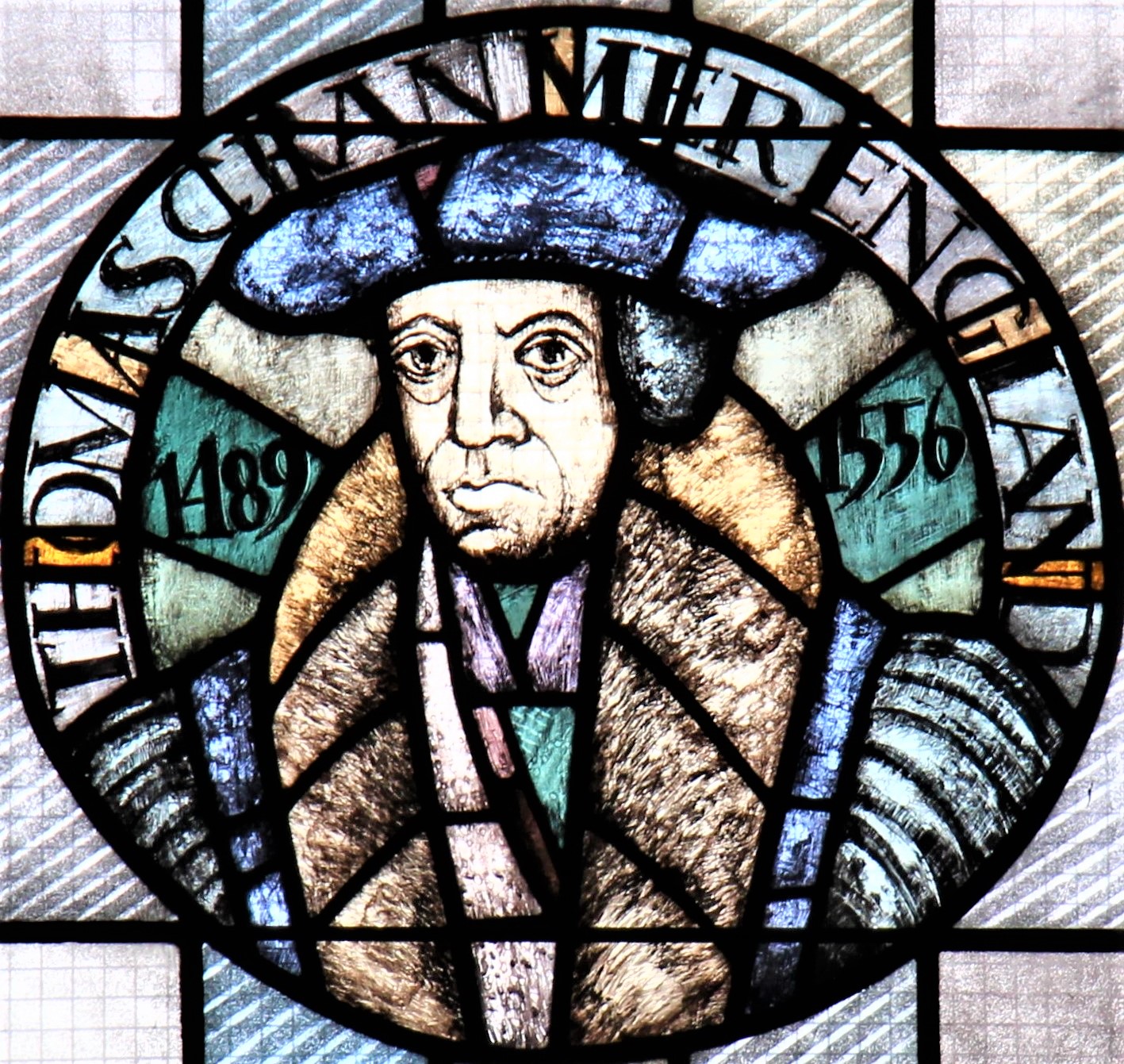The fourth Summer Course of the Wittenberg Center for Reformation Studies began on July 14, 2025. Over the course of four weeks, ten doctoral and advanced master’s students study the Reformation in Zurich and Strasbourg, as well as its impact on England during the reigns of Edward VI and Elizabeth I.
On the first Monday of the course, the students learned about the history of Wittenberg and took a walking tour of the Old Town, visiting sites associated with the Reformation. On Tuesday, guest lecturer Prof. Dorothea Wendebourg from Humboldt University in Berlin offered a source study on Luther’s and Zwingli’s understanding of the Lord’s Supper, as well as its liturgical implementation in Wittenberg and Zurich. The group visited St. Mary’s Parish Church in Wittenberg and climbed its towers.

Wednesday was a study day.
On Thursday, the group visited the Reformation Research Library and received an introduction to using academic libraries and databases in Germany from the director, Dr. Caecilia-Désirée Hein. In the afternoon, the focus was on the early Reformation in Strasbourg. The group analyzed the transformation of church life using Martin Bucer’s “Ground and Reason” from 1525 as an example.


On Friday, Dr. Jan van de Kamp (Theological University Apeldoorn) presented his new research project on Melanchthon’s speeches. The group then analyzed the “Encomium Eloquentiae,” written in 1523, which is one of the key texts of Melanchthon’s educational program.
On Saturday and Sunday, the group traveled to Emden, a center of Reformed Protestantism in Germany, to visit the Johannes a Lasco Library. Dr. Klaas-Dieter Voss delved into the history of Emden in the 16th century and the library’s collection.


In the ‘Neue Kirche’ (New Church) Frauke Thees presented her research on Johannes Oekolampad and the Basel Reformation in the 1520s.
Thus, the first week of the course outlined the beginnings of the Reformation using important texts, discussions, and protagonists from the 1520s as examples. In the second half of the sixteenth century, these beginnings evolved into the Reformed or Calvinist Church, which would shape the English Church. At the same time, the Student Fellows met with researchers and learned about important research institutions.


